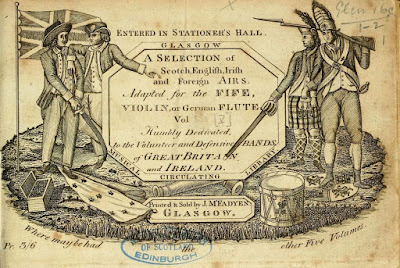This might seem like a pedantic question, but I mean it in sincerity: Do you happen to know why they called it a concert flute?Mr.Gumby wrote:Yes. Older players commonly used it, well before Paul Davies.Or did older players use it?
The reason I ask is because I would expect people to simply call it a "flute" unless there was a good reason to distinguish it as a "concert flute". Was it to distinguish it from the German Flute (or whatever other name the Boehm flute might go by) or to distinguish it from something else?
(As a side note... since I had it easily available and it seemed relevant, I did a word search through Hammy Hamilton's 1996 dissertation on "The Role of Commercial Recordings in the Development and Survival of Irish Traditional Music 1899 - 1993"; he only ever refers to the flute as a "flute" except for one instance where he makes a distinction to say that a particular tune collection had been arranged "for violin, German flute, and pianoforte". ... I also haven't bought his The Irish Flute Player's Handbook but in his extract of the 2nd chapter "The Flute in Ireland", he only ever refers to it as a flute, though he does have a brief aside to define it as "the cone bore simple system flute".
This is all interesting to me since Hammy is an Ethnomusicologist, but he never seems to find it important to refer to the flute as anything other than "a flute". )

